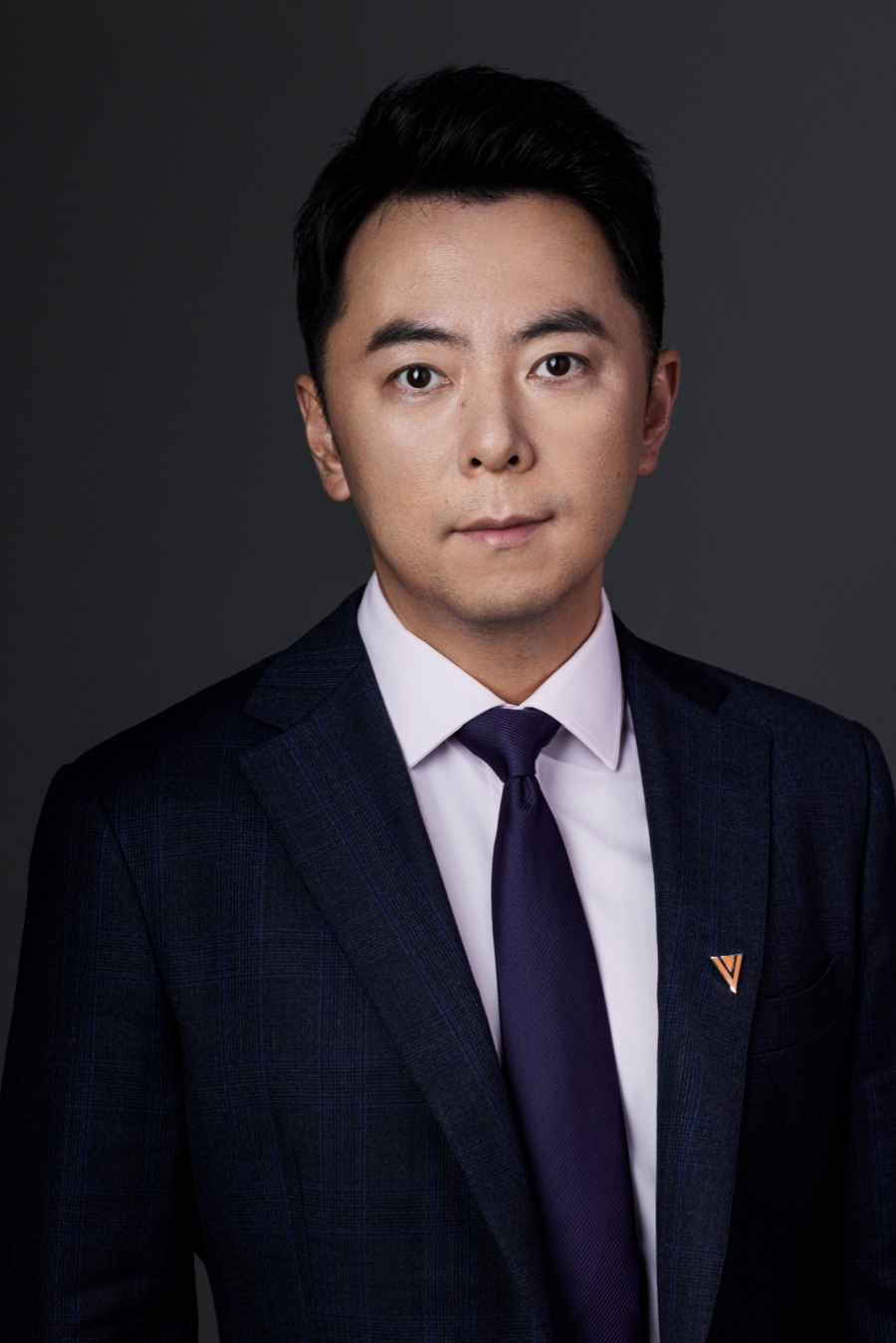
Foreign firms' executives attend a forum at Aspen's booth during this year's China International Import Expo in Shanghai last week. [CHINA DAILY]
Tapping cutting-edge technologies to drive operational efficiency and competitive advantage, multinational companies are advancing their commitment to digitally-driven growth in the Chinese pharmaceutical market.
Larry Merizalde, CEO of Durban, South Africa-based pharmaceutical firm Aspen's China unit, said the company is leveraging advanced digital platforms to streamline business processes and boost operational efficiency.
"High digitization levels and rich, high-quality healthcare data can provide valuable benchmarks and insights, helping us align strategies with best practices and maintain a competitive edge among multinational companies," Merizalde said.
At this year's China International Import Expo, Aspen China unveiled a slew of new products to the market, including its original drug Florinef for rare disease treatment in the field of endocrinology, as well as Mivacron, a muscle relaxant in anesthesiology. Looking ahead, the company will focus on key areas such as anesthesiology, antithrombotic therapies, gastroenterology and osteoporosis in the Chinese market.
"Aspen China's business is data-driven. With the launch of a new supply chain system with local partners, we can respond more flexibly to market demand, optimize inventory management and reduce operational costs," said Xie Kunrong, CFO and COO of the company. "Looking ahead, we will continue to invest in digital innovation and keep developing regulation-compliant systems that meet stringent industry standards."
The executive added that the multinational company recently developed a tailored digital system for the China market that enhances operational efficiencies while ensuring compliance with local regulations.
"There are notable differences between the Chinese and global markets. When foreign digital operating systems are introduced to China, they can encounter compatibility challenges, which, in some cases, increase operational costs for multinational pharmaceutical companies," said Tim Ding, general manager of the China unit at Veeva Systems, a global cloud computing company in the life sciences industry.
In an era where growth is largely driven by digitalization, Ding said China has emerged as a major source of innovation, especially in AI applications, with advancements that sometimes outpace global trends.
"Ideas and applications generated in China's forward-thinking digital ecosystem are increasingly feeding back to our global customers, fostering a beneficial cycle of innovation," he said.
The rapid progress in AI has also facilitated real-life applications within the pharmaceutical industry that may lead to higher returns, Ding added.
"AI acts as an accelerator. With quality data, AI can help drive innovation through the whole life cycle of the industry, optimizing processes from research and development and clinical trials to final commercialization stage," he said.
As an example, Ding said the company has been considering implementing AI-powered image recognition to identify the correct groups of physicians to invite to industry events, assess their engagement levels and measure their interest in specific topics, in order to reduce analytical costs while enhancing efficiency.
However, to successfully deploy the innovative applications requires broad collaboration across departments within hospitals and pharmaceutical firms, and this is why digital platforms should place a strong emphasis on their consulting teams, helping clients navigate each stage of the process smoothly, rather than providing just technical support, he said.
"A key challenge is that many pharmaceutical companies still rely on varied operational models and processes across departments for customer communications," Ding said. "Therefore, our focus in product design is to establish a unified operational standard and language to break down these departmental silos, which is expected to enable not only cross-departmental collaboration, but also coordination across entire organizational structures."
The company executive also mentioned that he has observed an accelerated digital transformation among multinational pharmaceutical companies in China. "One reason is China's proactive stance on encouraging digital transformation across industries. And embracing China's digital ecosystem can also strengthen a company's global digital competence as a whole," he said.
As a long-time participant at the CIIE, Veeva has identified promising opportunities for international cooperation in the pharmaceutical ecosystem this year. For instance, building an ecosystem that combines products from all around the world could result in synergistic innovations, where the whole is greater than the sum of its parts.
"We can see many multinational pharmaceutical companies are deeply committed to the Chinese market, motivated by a long-term mission to advance human health," said Ding. "We will also remain deeply rooted in the market, launch new products and contribute to the country's ongoing success."

Tim Ding, general manager of the China unit at Veeva Systems. [Photo provided to chinadaily.com.cn]